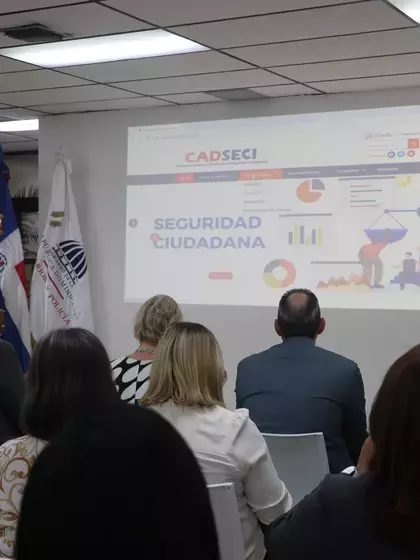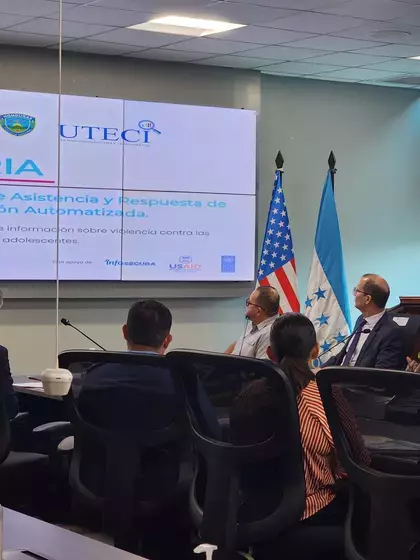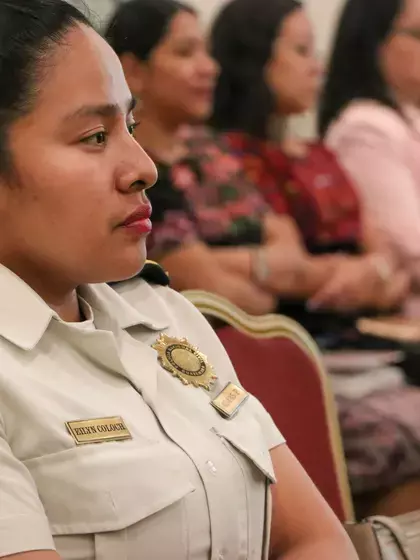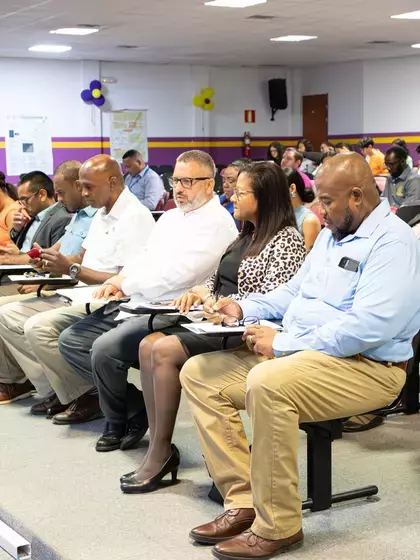Study presents evidence and reflections to strengthen mediation processes
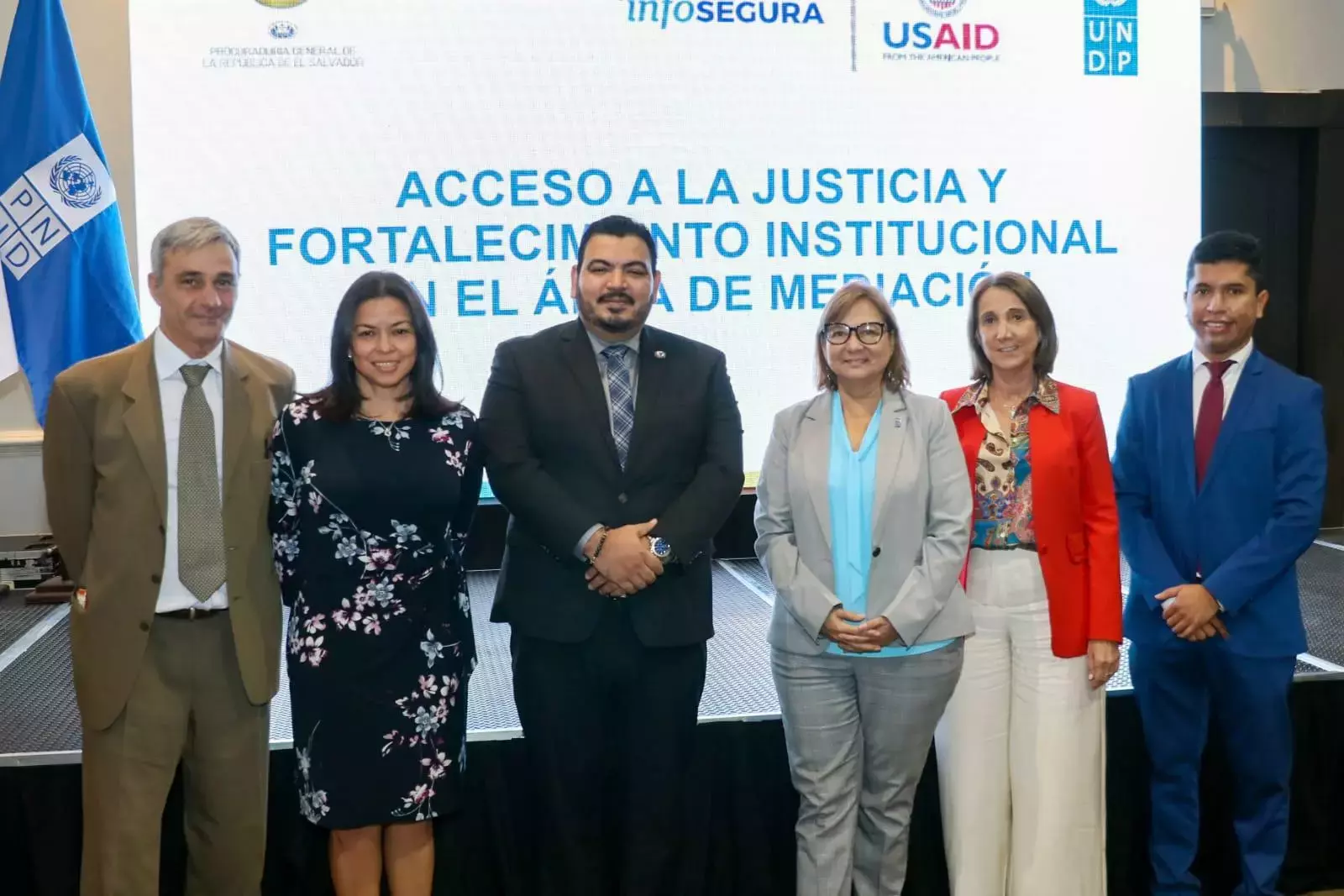
In the picture, from left to right: Daniel Carsana, Coordinator of InfoSegura El Salvador; Laura Rivera, UNDP programme officer, René Escobar; Procurator General of the Republic; Maribel Gutiérrez, UNDP Resident Representative; Marcela Smutt, Coordinator of the UNDP InfoSegura Regional Project; and Carlos Argueta, UNDP InfoSegura analyst.
Image: Courtesy of PGR
This article was originally published on the UNDP El Salvador website.
The Office of the Public Defender of the Republic (PGR) with the support of the United Nations Development Programme (UNDP) presented the results of the study on “Access to justice and non-violent conflict resolution,” and the institution's primary proposals for strengthening mediation processes in El Salvador.
"The study is the result of joint work with the Office of the Public Defender of the Republic since 2014 to strengthen community mediation. "Mediation has proven to be one of the most effective methods for the prevention, management and resolution of conflicts in a variety of contexts," said UNDP Resident Representative Maribel Gutierrez during the event.
The survey inquired as to the types of conflicts the population had experienced in the last two years, that is, the problems or disputes with family members, money, debt, labour, environmental and others. Furthermore, it requested information about the use of the different formal and informal mediation mechanisms, institutions and community organizations that can intervene. It also asked about the mediation process and the time it takes.
Study results show that half of the Salvadoran population had experienced conflict; while one in three respondents experienced problems related to family issues, a situation that affects women with greater intensity, reinforcing the importance of providing gender-responsive mediation mechanisms. Among those who experienced a dispute, five out of 10 accessed a formal or informal mechanism to seek a peaceful solution.
It was also observed that those access conflict mediation mechanisms are more effective at solving problems, compared to those who do not access these formal or informal services.
"I thank the UNDP for such an important study, which helps to strengthen human talent, leads to ongoing improvement in strategic decision making, strengthens the mediation process, positions our services and strengthens the profile of the mediator," explained René Escobar Álvarez, Public Defender General of the Republic (PGR).
According to the PGR, these relevant findings help to define strategies and to readjust work flows, generating partnerships with local governments and other stakeholders that were identified in the study as mediators in the population's conflicts, like religious or community leaders.
The survey was conducted with the technical support of the InfoSegura Regional Project implemented by UNDP and financed by the United States Agency for International Development (USAID). The project specializes in evidence-based information management to strengthen citizen security policymaking and monitoring implementation.
With UNDP support, countries across the world expand spaces for participation and reinforce institutions, so that all people can aspire to a sustainable future with prosperity, peace, justice and security.

